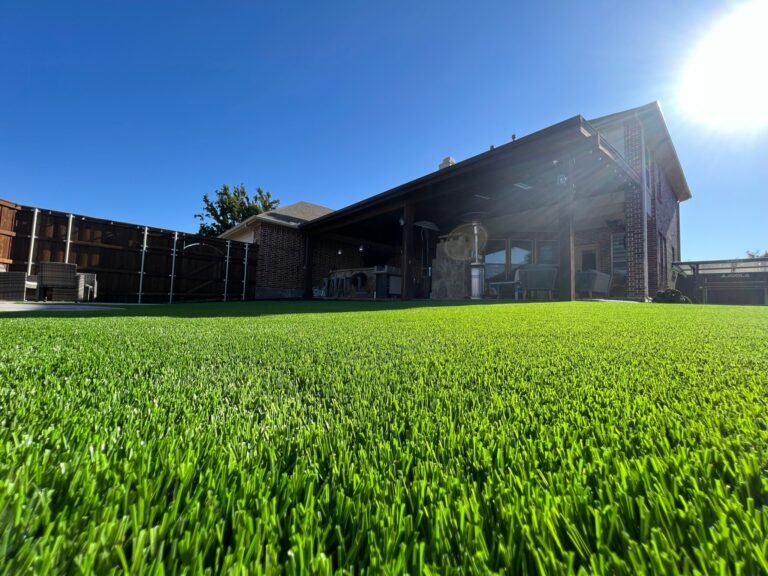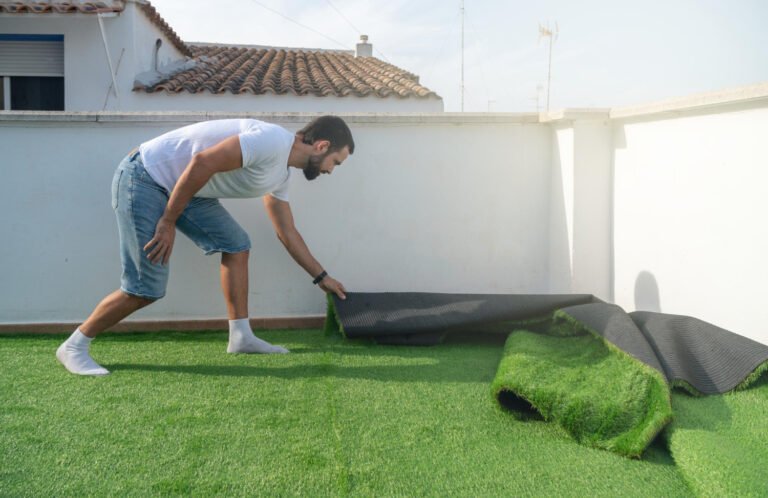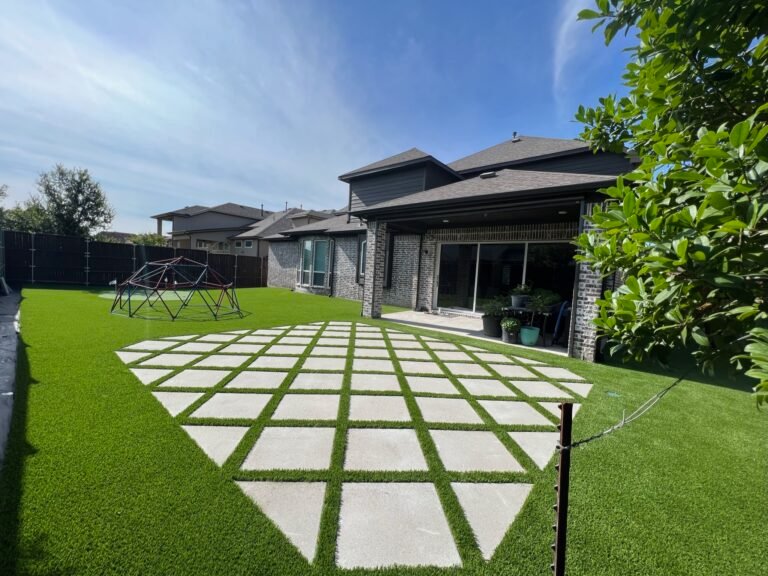How to Get Rid of Mosquitoes in Backyard Naturally: Safe and Effective Methods

Mosquitoes are a common nuisance in backyards, often turning outdoor activities into itchy, uncomfortable experiences. To address this problem without relying on chemical insecticides, natural methods can be both effective and safe for the environment, pets, and human health. Various techniques can be employed to reduce and manage mosquito populations naturally, with strategies ranging from habitat modification to the use of plant-based repellents.
Habitat modification is a key strategy in controlling mosquito populations naturally. They breed in standing water, so homeowners should eliminate sources of stagnant water to disrupt the mosquito life cycle. This includes clearing gutters, emptying children’s pools, and changing water in bird baths regularly. Additionally, introducing natural predators like fish that eat mosquito larvae into garden ponds can contribute to long-term population control.
For those preferring to avoid store-bought sprays, plant-based options are available. Certain plants, such as citronella, lavender, and marigold, are known to have mosquito-repelling properties and can be strategically planted in the backyard to deter these pests. Additionally, essential oils derived from these plants can be used in homemade repellent sprays that are gentle on the skin. With these natural solutions, individuals can enjoy their outdoor spaces with fewer mosquitoes and without the use of harsh chemicals.
Preventive Measures and Natural Repellents
Taking proactive steps to make a yard less attractive to mosquitoes is crucial for control. Utilizing natural repellents can be effective without the need for harsh chemicals.
Eliminate Standing Water
Mosquitoes breed in standing water, so it is essential to remove any stagnant water sources from the yard. Regularly check and empty items such as:
- Gutters: Ensure they are clear of debris.
- Bird Baths: Change the water at least once a week.
- Swimming Pools: Maintain proper circulation and chlorination.
Grow Mosquito-Repelling Plants
Certain plants are known natural repellents due to their scent, which is unappealing to mosquitoes. These include:
- Lemongrass: Contains citronella, a natural mosquito repellent.
- Marigold: Produces a scent that repels mosquitoes.
- Lavender: Not only repels mosquitoes but also calms with its scent.
- Rosemary: When burnt, the oils help repel mosquitoes.
- Basil: Its strong scent deters mosquitoes.
Planting these around the yard can reduce the presence of mosquitoes.
Use of Natural Oils and Herbs
Essential oils derived from plants can act as mosquito repellents. Effective oils and herbs include:
- Eucalyptus and Peppermint Oil: Can be diluted with carrier oils like coconut oil and applied to the skin.
- Neem Oil: Known for its insecticidal properties.
- Garlic: Crushed garlic can be distributed around the yard to repel mosquitoes.
Additionally, citronella candles made from extracted essential oils can be used as a dual-function decoration and repellent, and homemade mosquito repellent solutions can be created for spraying in the yard.
Natural Predators and Physical Barriers
Implementing natural predators and physical barriers can significantly reduce mosquito populations. This section will detail how to attract beneficial predators and establish protective measures.
Attract Beneficial Insects and Animals
Many insects and animals feed on mosquitoes and can be encouraged to inhabit backyards for effective control. Dragonflies, for instance, are voracious predators of mosquitoes at all stages of their life cycle. Homeowners can create a dragonfly habitat by having a pond or water feature that supports aquatic plants. Similarly, bats can consume thousands of mosquitoes in a single night. Installing a bat house in your backyard provides these natural predators a roosting spot, helping to naturally control the mosquito population.
- Beneficial Insects and Animals
- Dragonflies: Create habitats with ponds and aquatic plants
- Bats: Install bat houses to encourage roosting
Incorporating Predatory Fish
- Fish such as goldfish, guppies, and mosquitofish prey on mosquito larvae in water bodies. Including these fish in backyard ponds can naturally keep mosquito breeding in check.
Physical Barriers and Protective Measures
Physical barriers can prevent mosquitoes from accessing potential targets. Mosquito nets offer a barrier that can protect individuals from mosquito bites, especially important for protecting children. Nets can be used over beds, cribs, and outdoor areas such as patios.
- Mosquito Net
- Use over places where people rest
- Essential for children’s play areas or beds
Clothing and Repellent Strategies
- Wearing long-sleeved clothes and applying natural repellents can provide personal protection from mosquito bites. These methods are especially useful during peak mosquito activity.
Air Movement as a Deterrent
- Mosquitoes struggle to fly in windy conditions, so using fans outdoors can help to repel mosquitoes from patios and decks. Positioning fans where people congregate can make outdoor spaces more comfortable.
- Use of Fans
- Outdoor fans: Place in common areas to disrupt mosquito flight
- Light Bulbs: Use yellow LED lights to avoid attracting mosquitoes










